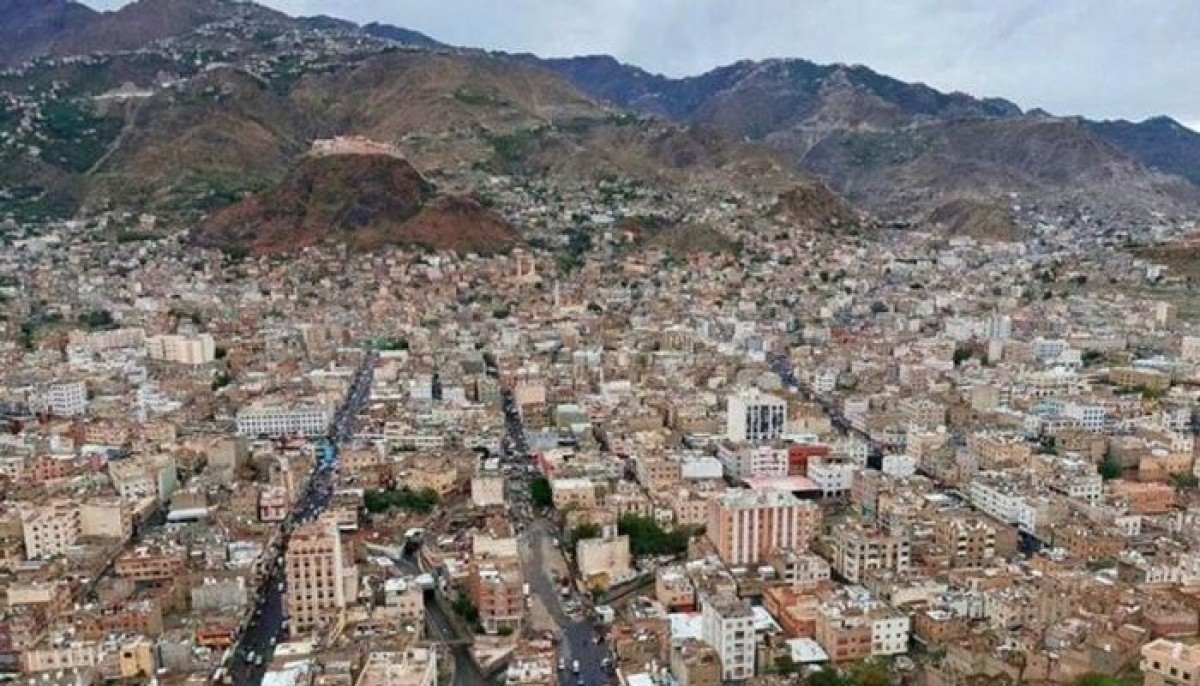Doctors Without Borders announces the departure of Marib and Taiz


Doctors Without Borders have warned of the "destructive" effects of civilians in the Houthi -controlled areas, as a result of the recent Israeli strikes targeting Sanaa airport and the port of Hodeidah, considering that it threatens the artery of the humanitarian supply of Yemen, which is already facing a suffocating humanitarian crisis.
In a statement, the international organization announced its departure from the governorates of Marib and Taiz, after years of providing emergency medical care to those affected by the war, which was ignited by the Houthi group after its coup against legitimacy.
Marib is one of the most prominent areas of displacement in Yemen, as it embraces more than 60% of the total internal displaced, and it was preceded by 35 humanitarian organizations to leave the province since the start of the calm with the Houthis. The organization confirmed that it had handed over its medical activities to the local authorities, at a time when relief sources warned of the repercussions of this step for the continuity of health services, especially in the displacement camps that housed more than 1.5 million displaced people.
Since 2019, the organization has provided free medical services at the Ramsa Primary Care Center, where during the year 2024, it provided more than 32 thousand external consultations, 2640 prenatal consultations, and introduced 420 children to the therapeutic nutrition center, and provided 6 thousand vaccine doses.
As for Taiz, which suffers from a suffocating health crisis due to conflict and economic collapse, the organization supported the health sector by providing 22,580 consultations before birth, 5,835 consultations after that, in addition to receiving 4,214 births, and sponsoring 1,558 children in the newborns department, and contributing to 8,879 births.
Doctors Without Borders also provided emergency responses to the outbreak of cholera and measles, and distributed non -food relief parcels to those affected by the floods, in both governorates.
Tila Mohamed, head of the organization’s mission in Yemen, praised the steadfastness of the Yemeni people, confirming the organization’s commitment to continuing the support of the needy, especially women and children, through its remaining projects in ten other governorates, as it continues to provide motherhood and childhood services, emergency care, and respond to epidemics.
In light of the increasing risks of humanitarian work, the organization called on all parties to protect medical infrastructure, and to ensure safe arrival and without obstacles to health care, noting that the war years destroyed the general infrastructure, and deprived millions of clean water, food and basic health services.
The organization emphasized that targeting the Sanaa airport and the port of Hodeidah, which are two vitals of relief, will have a catastrophic impact on the deteriorating humanitarian situation in the country.